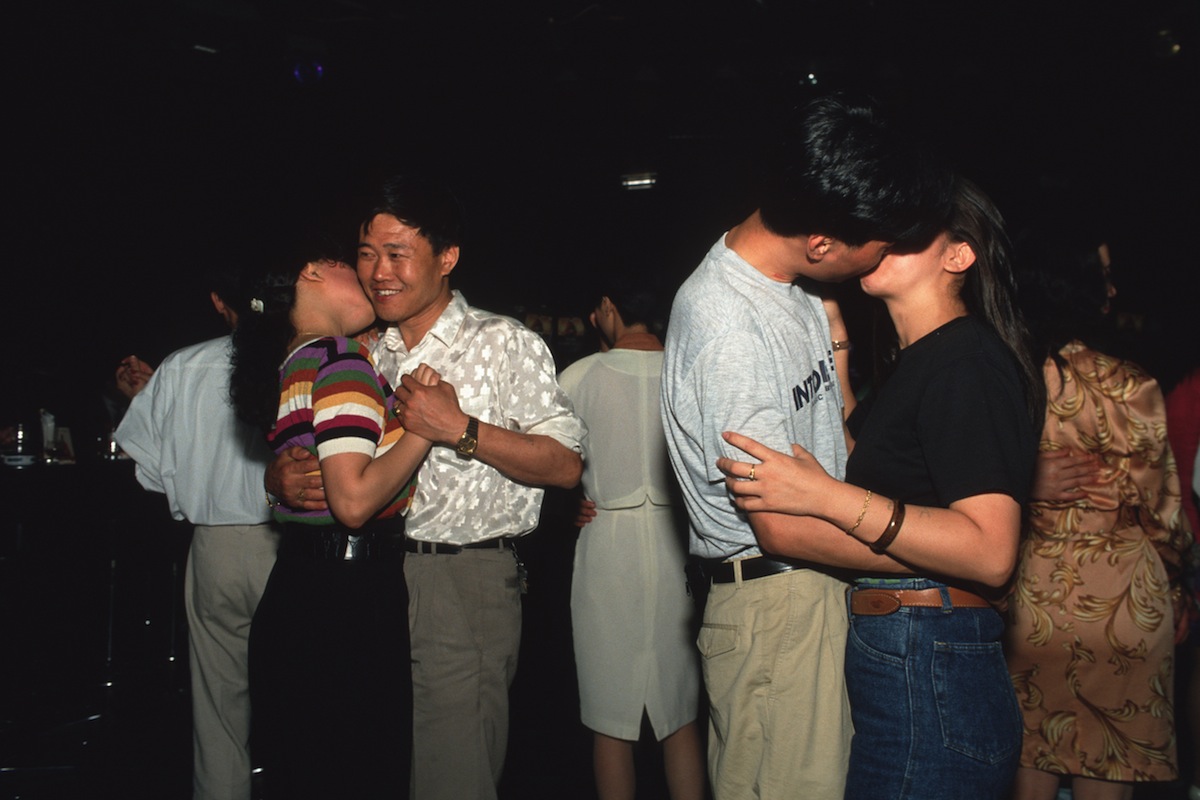
When China’s annual National Singles’ Day—which falls on Wednesday this year—started in the early 1990s, the very idea of a day for single people was noteworthy, Chinese dating expert Yue Xu told TIME last year. After all, she explained, the introduction of the concept of “single” (meaning, looking to date) was relatively new at the time, coming after years during which it was unusual for people to have the opportunity to date around prior to marriage.
It was only in the 1980s, as part of reforms seen under the leadership of Deng Xiaoping, that China saw some official, public acknowledgement of the social realities of sex, from the existence of STIs to the need to provide contraceptives. Around the same time, increased cultural openness meant that imported images of Western romance were newly available. A dating culture developed quickly. Liu Dalin—China’s answer to American sexologist Alfred Kinsey—also theorized that the country’s rigid family-planning policies, which required couples to wait longer to be married, made it inevitable that teenagers and younger twenty-somethings would find ways to occupy their minds and bodies in the meantime.
So it was likely no coincidence that the Singles Day holiday traces its origins to 1993.
Just a few years before that, Liu had agreed to let TIME in on a sneak-peek of the soon-to-be-released largest-ever survey of sex within Chinese society. The survey had a serious intent that would affect many people beyond just the couples involved: by showing that many citizens were sexually active, he hoped to encourage the government to do a better job of providing sex education, addressing issues like prostitution and responding to the spread of AIDS. The results showed that sex and marriage were uncoupling. “In the past, young girls were forced into arranged marriages shortly after puberty,” TIME noted. “Now women are forbidden by law, largely as a means of population control, to marry before the age of 20, and men cannot take a bride until they are at least 22. But relatively few are waiting that long to have sex.”
A full 89% of the respondents said that they approved of premarital sex, and approval rates for extramarital affairs weren’t much lower. So, while China’s Singles’ Day may now be seen mostly as a time to go shopping, it was once part of a full-on sexual revolution.
Read more about how Singles Day started: How China’s Singles’ Day Holiday Sold Out
More Must-Reads From TIME
- The 100 Most Influential People of 2024
- The Revolution of Yulia Navalnaya
- 6 Compliments That Land Every Time
- What's the Deal With the Bitcoin Halving?
- If You're Dating Right Now , You're Brave: Column
- The AI That Could Heal a Divided Internet
- Fallout Is a Brilliant Model for the Future of Video Game Adaptations
- Want Weekly Recs on What to Watch, Read, and More? Sign Up for Worth Your Time
Write to Lily Rothman at lily.rothman@time.com